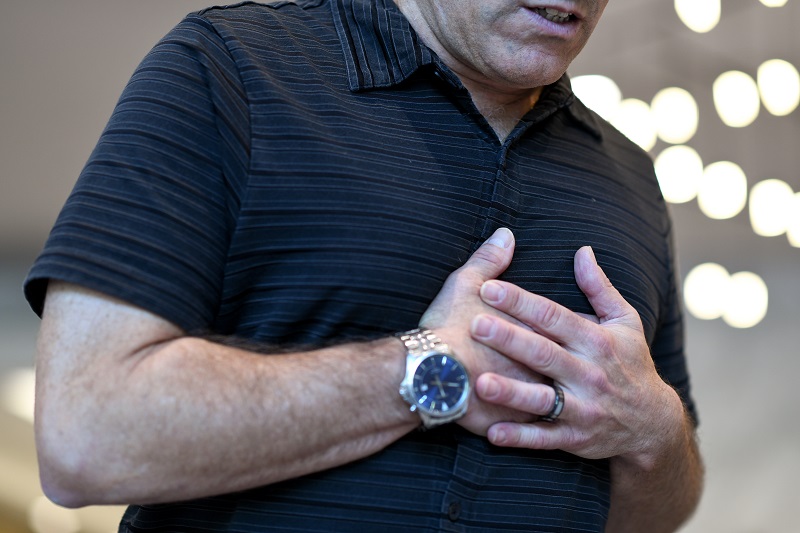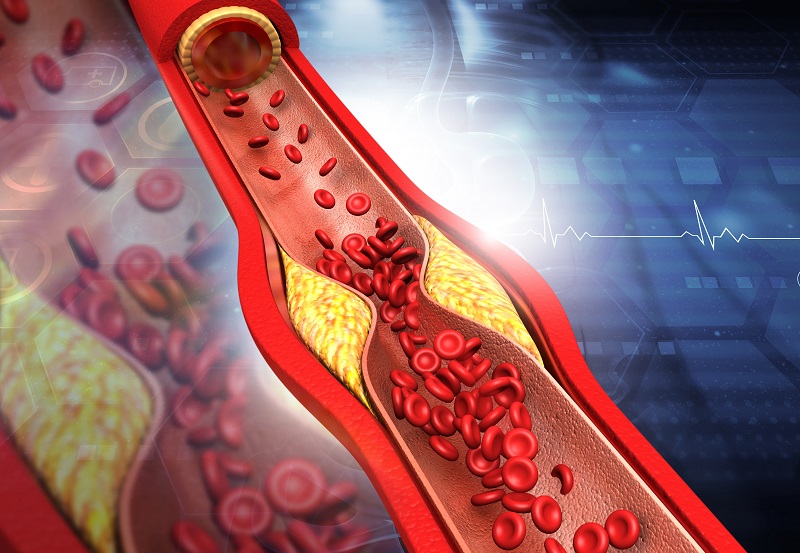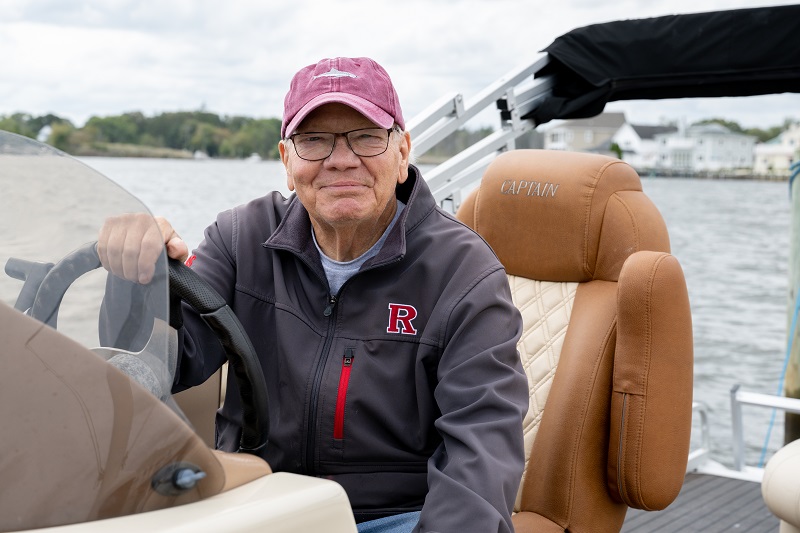

Causes of Heart Inflammation

Are Heart Palpitations Normal?

6 Signs of an Unhealthy Heart

How Doctors Treat Clogged Arteries Without Surgery

Ed Bechold’s first job at age 10 as a butcher delivery boy set the tone for a lifetime of professional and personal striving. But much of it wouldn’t have been possible without exceptional cardiac care at Jersey Shore University Medical Center, where heart specialists have performed a wide variety of cutting-edge therapies on the Bayville man that have sustained him for more than a quarter-century.'
While living in Bayville, Ed suffered a blocked coronary artery at age 52—for which he underwent an angioplasty at Hackensack University Medical Center by interventional cardiologist James Orlando, M.D. Nine years later, the father of four reconnected with Dr. Orlando, who by then had also relocated to South Jersey and connected Ed with Jersey Shore colleagues for more than a dozen successive procedures to shore up his ailing heart.
These included triple bypass surgery, multiple stent placements to prop open blocked coronary arteries, and Jersey Shore’s first transcatheter aortic valve replacement (TAVR) in 2012 to replace a narrowed aortic valve using minimally invasive techniques. Earlier this year, Ed needed a second TAVR procedure—which now features a more refined valve—as well as a pacemaker.
“Once each of my heart issues was treated, I felt I was able to go back to where I left off,” says Ed, now 79 and retired from a career in real estate and property management. “Anytime I’ve had a problem, Jersey Shore is where I’ve gone. The doctors have been fantastic.”
Evolving Technology in Cardiac Care
Despite a family history of heart disease, Ed’s heart attack in 1996 caught him by surprise. But by 2012, he wasn’t as shocked by his diagnosis of aortic stenosis, which blocks or slows blood flow from the heart to the body. “I could barely make it up a staircase,” he says.
“Aortic stenosis is not a disease as much as a condition of aging, affecting about half of people 85 and older,” says Richard Neibart, M.D., medical director for Cardiovascular Care Transformation Services at Hackensack Meridian Health and Chief of Cardiac Surgery at Jersey Shore.
Then 68, Ed was an ideal candidate to be Jersey Shore’s first TAVR recipient. The original TAVR procedure used a device crafted from cow tissue and inserted it in his heart by threading a catheter through an artery in his groin.
Today’s version, which he received in April 2023, reflects broader refinements that use smaller and more precise devices, which allows for more effective valve replacement and has expanded the number of people who can safely undergo aortic valve replacement. Jersey Shore has performed about 2,000 TAVR procedures over the past 11 years, including in more than 150 patients ages 90 and older, Dr. Neibart says.
“Ed is gradually becoming our typical patient: someone who’s benefited from the advancements of cardiac therapeutics to the point where he’s outliving each procedure, allowing him to survive to the next round of lifesaving therapy,” says cardiologist Renato Apolito, M.D., medical director of Jersey Shore’s cardiac catheterization lab.
Everyday Pleasures After Cardiac Care
Indeed, Ed has seen the births of nine grandsons in the span he has received heart care at Jersey Shore, which he jokes is his very own baseball team! He continues to be active, undergoing regular cardiac monitoring and enjoying time on his pontoon boat with his wife and family.
“My heart care gave me the ability to continue doing what I needed or wanted to do,” he says. “I’ve been very fortunate to have had the doctors who were able to fix me and get me back to functioning.”
Adds Dr. Apolito: “Thirty years ago, a patient like Ed wouldn’t have survived this long, but now we can treat his illnesses with such minimally invasive technology that he can live better, liver longer and not have to miss a beat.”
Next Steps & Resources:
- Meet our sources: Richard Neibart, M.D., Renato Apolito, M.D., James Orlando, M.D.
- To make an appointment with a cardiologist near you, call 800-822-8905 or visit our website.
- Schedule a heart health screening near you.
- Learn more about our heart care services.